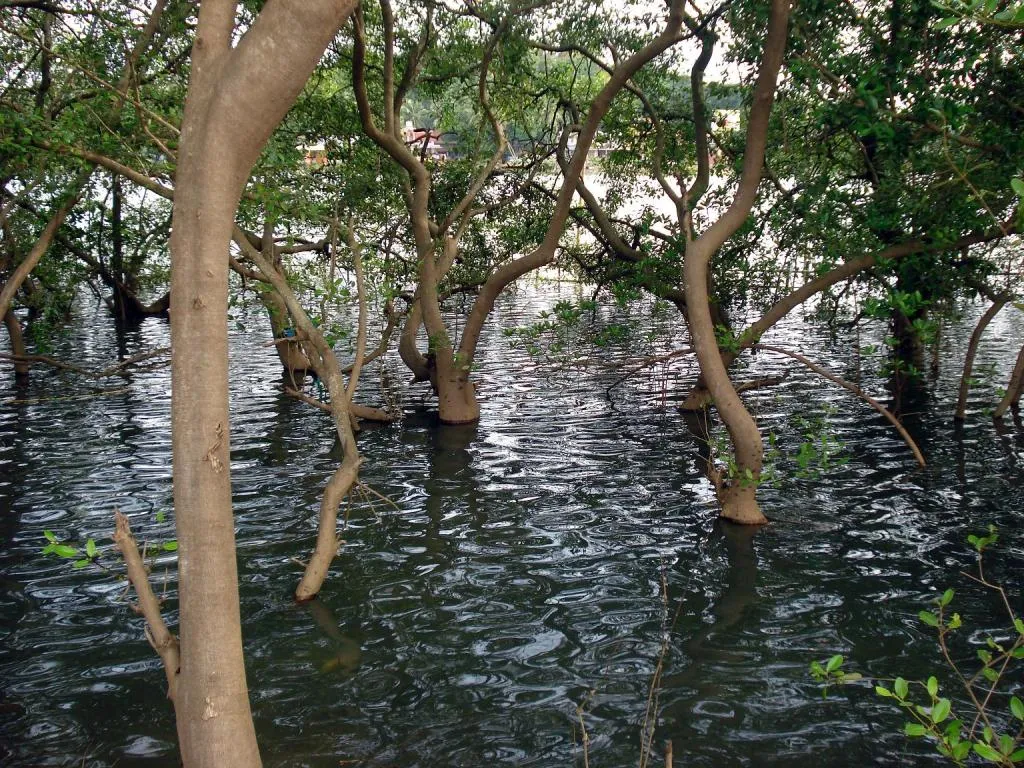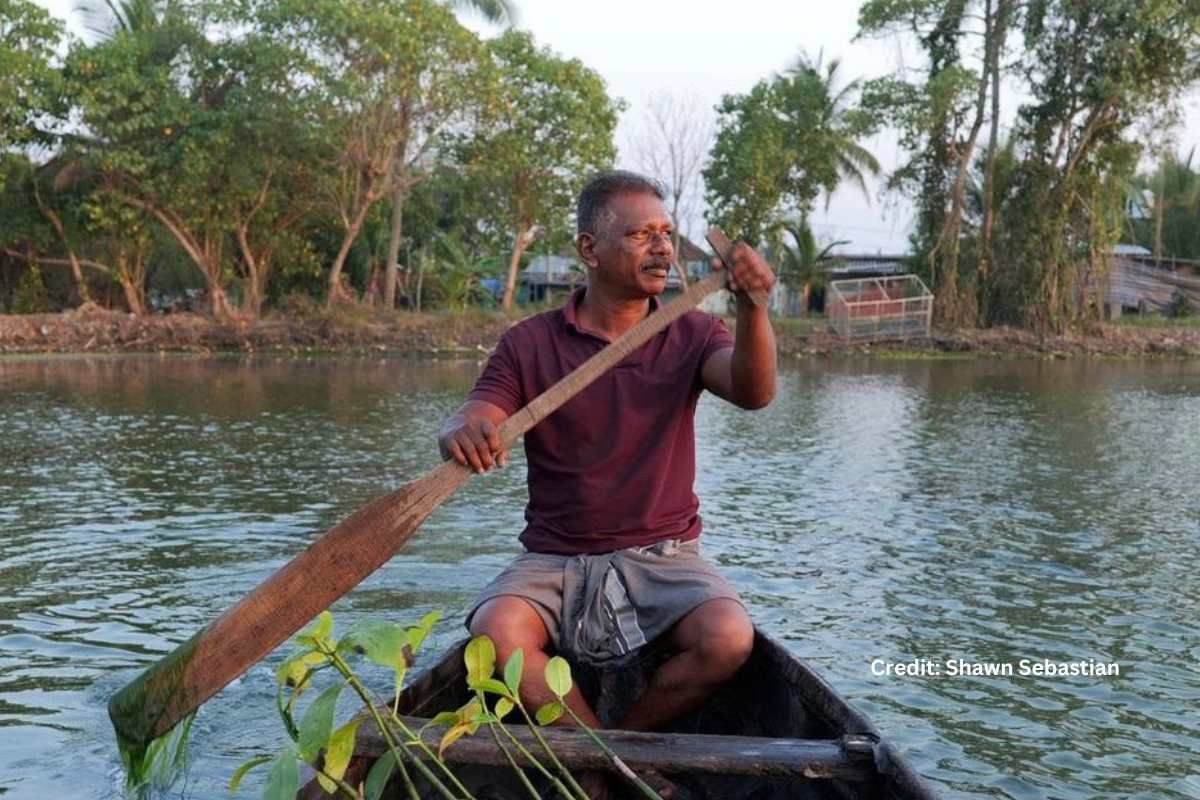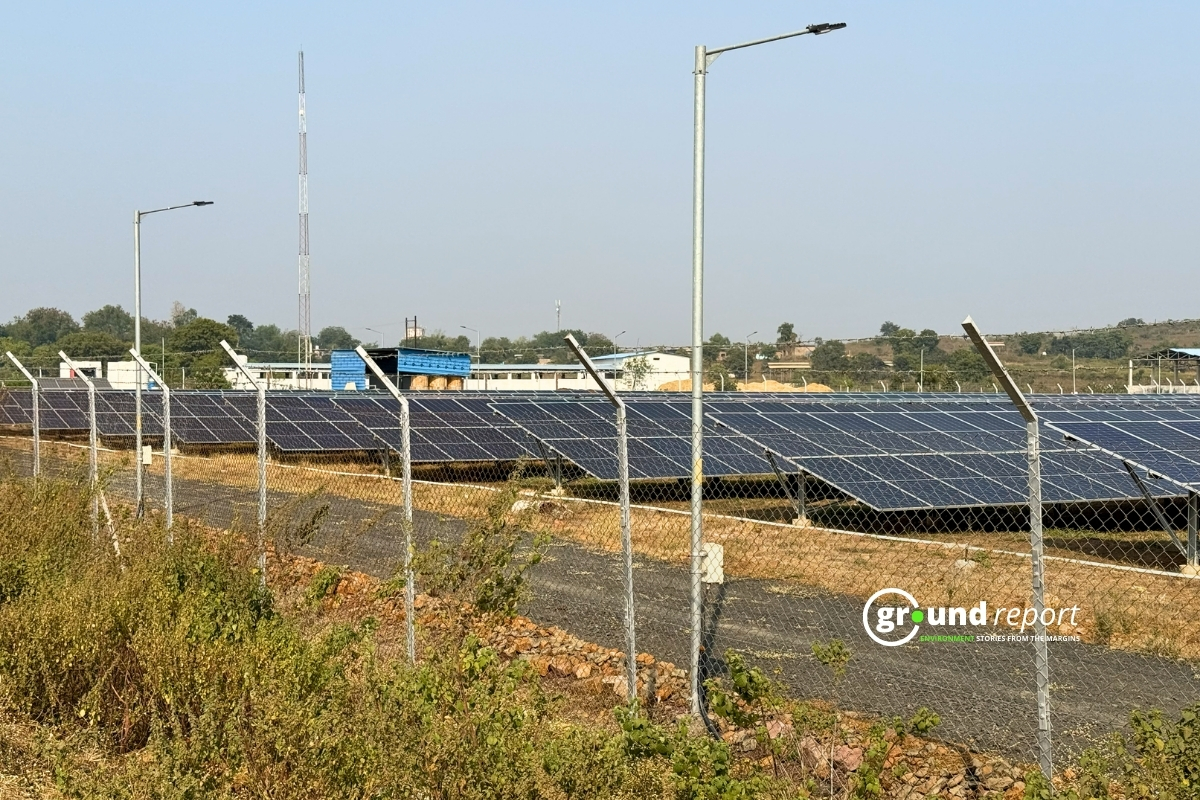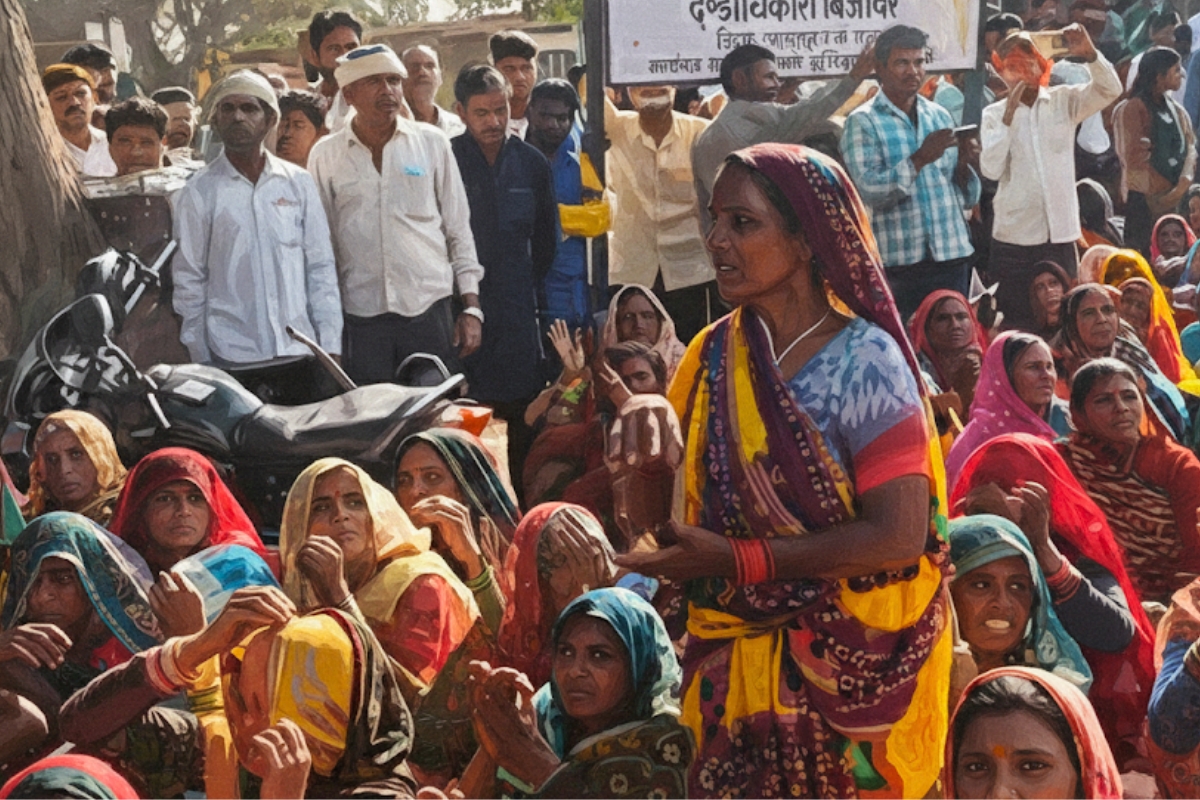Mangroves along the coast of Kerala, India are under threat from deforestation and development, putting coastal communities at risk. T.P. Murukesan, also known as the “Mangrove Man,” has been fighting to save these vital ecosystems. However, his efforts come up against opposition from local politicians and business interests who prioritize short-term economic gains over environmental protection.
Loss of mangrove ecosystems in Kerala puts coastal communities at risk
The loss of mangrove ecosystems in Kerala is a significant threat to the communities that rely on them. The Indian Space Research Organization and the Kerala University of Fisheries and Ocean Studies reported that Ernakulam district, which includes Kochi, has lost nearly 42% of its mangrove ecosystems, including major decreases in the southern Puthuvypeen area in Vypin. Additionally, the Kerala Forest Department states that mangrove cover in the state has reduced from 700 square kilometers (435 square miles) to just 24 square kilometers (15 square miles) since 1975.
Mangroves are the key element that provides numerous benefits to both humans and wildlife. These trees act as a buffer against storm surges, protect coastlines and communities from the damaging impacts of storms and sea level rise, and absorb excess water during floods. Mangroves also provide a habitat for various species of plants and animals and help to mitigate the effects of climate change, such as rising sea levels and more intense storms.
The loss of mangrove forests in Kerala can have devastating consequences for coastal communities. Without these vital ecosystems, the communities are more vulnerable to the effects of natural disasters such as floods and storms. Conservation efforts, such as those led by T.P. Murukesan are crucial in protecting the mangroves and the communities that depend on them. It is essential that urgent action is taken to preserve these vital ecosystems and protect the many benefits they provide.

Importance of mangrove forests
Mangrove forests are incredibly important in mitigating climate change and providing habitat for wildlife. These forests are known for their ability to absorb large amounts of carbon dioxide from the atmosphere, making them crucial players in the fight against global warming. In fact, mangrove forests are estimated to sequester carbon at a rate of up to four times that of tropical rainforests.
Mangrove forests also provide necessary habitats for various species of plants and animals. They serve as nurseries for many marine species, including fish, crabs, and shrimp, and provide a feeding ground for numerous migratory birds. The complex root systems of mangrove forests also help to protect coastlines from erosion and storm surges.
Unfortunately, these vital ecosystems are under threat from human activities such as logging, urbanization, and pollution.
Conclusion
Despite their importance, mangrove forests in Kerala have been lost to human activities such as deforestation, land development, and pollution. Shrimp farming, urbanization, and other development activities have taken a toll on these vital ecosystems. Murukesan’s fight to save the mangroves faces opposition from local politicians and business interests who prioritize short-term economic gains over environmental protection. However, his efforts are crucial in protecting the mangroves and the communities that depend on them.
In conclusion, the loss of mangrove forests in Kerala is a major threat to the environment and coastal communities. T.P. Murukesan’s fight to save these vital ecosystems highlights the need for greater protection and conservation efforts. By protecting the mangroves, we can help to mitigate the effects of climate change and safeguard our communities and the environment for future generations.
Support us to keep independent environmental journalism alive in India.
Keep Reading
MP farmers battle stray animals, and sleepless nights to protect crops
Pesticides and agriculture threaten Sarus Cranes at Indore’s Yashwant Sagar wetland
Changing weather patterns impacts soybean crops in the Dewas region of MP
Follow Ground Report on X, Instagram and Facebook for environmental and underreported stories from the margins. Give us feedback on our email id greport2018@gmail.com.
Don’t forget to Subscribe to our weekly newsletter, Join our community on WhatsApp, Follow our Youtube Channel for video stories.









